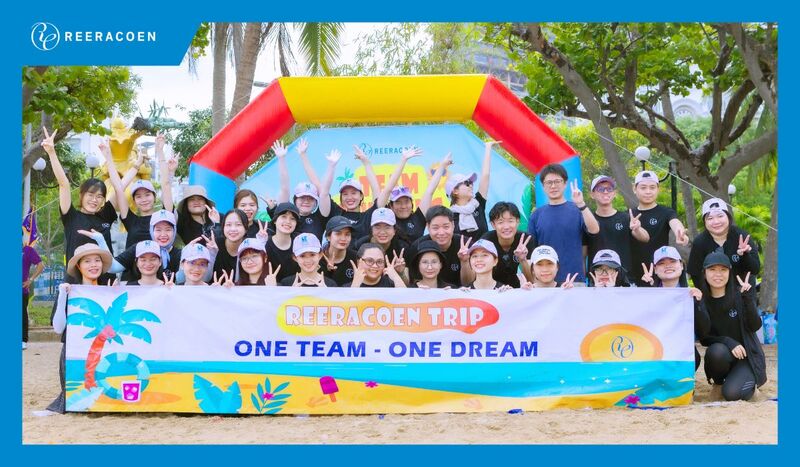Understanding Work Culture in Vietnam: Key Insights for MNCs
Understanding Work Culture in Vietnam: Key Insights for MNCs
Vietnam has emerged as a hotspot for multinational corporations (MNCs) seeking growth opportunities in Southeast Asia. With its booming economy and skilled labor force, Vietnam presents a promising landscape for businesses looking to expand their operations. However, navigating the intricacies of Vietnam's work culture is essential for MNCs to thrive in this dynamic market.
1. Work Mentality and Strengths
Vietnamese employees are renowned for their high IQ, conscientiousness, and resourcefulness, making them valuable assets for companies. With a tradition of craftsmanship and technical sophistication, Vietnamese workers excel in various industries, from tech to manufacturing.
Despite similarities to other Asian cultures, Vietnam's work mentality strikes a balance between hard work and adaptability, distinguishing it from its regional counterparts.
2. Fluidity in Job Roles
One notable aspect of Vietnam's work culture is the fluidity in job roles. While this can present challenges in defining responsibilities, it also offers opportunities for rapid career advancement. Young professionals often find themselves in management positions sooner than expected, driven by ambition and a willingness to take on diverse tasks.
3. Emphasis on Social Events
Vietnamese workplaces prioritize social events as a means of fostering camaraderie and morale. From company retreats to late-night dinners with clients, these gatherings play a significant role in building relationships and strengthening bonds among colleagues.
4. Trust and Relationship-Building
Trust is the currency of business in Vietnam, influencing interactions between companies, government officials, and employees. Personal relationships play a crucial role in business dealings, with trustworthiness and loyalty highly valued attributes. Building strong connections with local partners is essential for navigating the Vietnamese market successfully.
5. Work-Life Balance and Compensation
Vietnamese employees often work long hours, with Saturdays being a common workday. While efforts to reduce the standard workweek are underway, the work-life balance remains a challenge for many professionals. Despite lower average salaries compared to Western countries, benefits such as free lunches and additional health insurance are common perks offered by employers.
6. Superstitions and Cultural Considerations
Superstitions play a role in Vietnamese workplaces, influencing hiring decisions and gift-giving practices. Understanding these cultural nuances is essential for foreign companies operating in Vietnam, as they impact business relationships and employee dynamics.
Unlock the Full Potential
As Vietnam continues to attract investment and talent from around the world, understanding its unique work culture is vital for multinational corporations. By embracing the strengths and nuances of Vietnam's workforce, MNCs can forge successful partnerships and thrive in this dynamic market.
With its blend of tradition and innovation, Vietnam offers a wealth of opportunities for businesses willing to navigate its vibrant work culture. By leveraging local talent and fostering strong relationships, MNCs can unlock the full potential of this emerging powerhouse in Southeast Asia.
Looking to Hire?
Please fill in this Inquiry Form — Our experienced Recruitment Consultants will be in touch with you soon!
Disclaimer:
The information provided in our blog articles is intended for general informational purposes only. It is not a substitute for professional advice and should not be relied upon as such.
While we strive to provide accurate and up-to-date information, the ever-evolving nature of certain topics may result in content becoming outdated or inaccurate over time. Therefore, we recommend consulting with qualified professionals or experts in the respective fields for specific advice or guidance. Any actions taken based on the information contained in our blog articles are solely at the reader's discretion and risk. We do not assume any responsibility or liability for any loss, damage, or adverse consequences incurred as a result of such actions.
We may occasionally provide links to external websites or resources for further information or reference. These links are provided for convenience and do not imply endorsement or responsibility for the content or accuracy of these external sources. Our blog articles may also include personal opinions, views, or interpretations of the authors, which do not necessarily reflect the views of our organisation as a whole. We encourage readers to verify the accuracy and relevance of information presented in our blog articles and to seek professional advice when needed.
Your use of this website and its content constitutes acceptance of this disclaimer.


